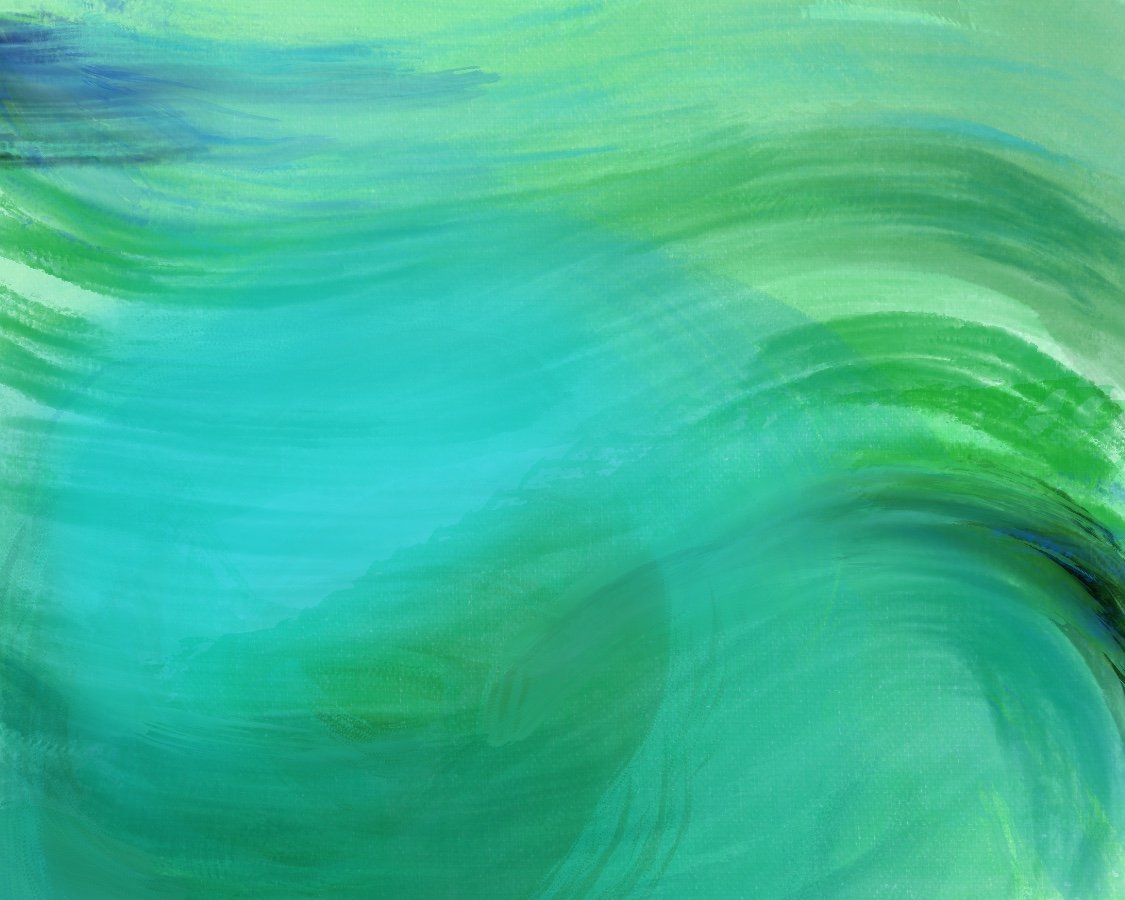Breathe: The Lessons of 2020
by Barry Michels
When I look back on the year 2020, one plaintive cry will stand out above all the noise.
“I CAN’T BREATHE!”
In this most extraordinary of years, “I can’t breathe” was not only the heartbreaking cry of a black man as his his throat was crushed under a policeman’s knee. “I can’t breathe” also became the silent plea of every victim of COVID, a virus that takes away our ability to breathe.
In short, “I can’t breathe”—spoken in every language, by every race, creed and color—was 2020’s unheard cry from the heart of every human being on the planet.
Why? Why was this necessary? How do we make meaning out of the current toll of almost 1.8 million deaths worldwide? One of the fundamental operating principles of The Tools, and most spiritual approaches to life, is that challenges exist in order to give us the opportunity to expand ourselves as human beings. Pain—even the pain of dying or watching loved ones die—is a pathway to hidden potential.
With this much pain and death surrounding us, what is being asked of us?
One clue has to do with the very nature of breath. Breath is connection. Whether you’re aware of it or not, to breathe is to declare that you are not just “you”—a single individual, isolated and unaffected by others. Through breath, you are intimately connected with every other organism on this planet; inextricably interwoven into the fabric of all existence.
“To breathe is to pray—to experience yourself as indivisibly entwined with the rest of humanity and the great spirit of our living universe.”
—BARRY MICHELS
The ancients understood this. Their knowledge of interconnectedness was derived from the way they experienced themselves and their place in the spiritual world. In no less than four ancient languages—Hebrew, Sanskrit, Greek, and Latin—the word for “breath” is the same word for “spirit.” For the ancients, the act of breathing in and out, what we call “respiration,” was inseparable from the spiritual experience of “inspiration.” In short, to breathe was to pray—to experience yourself as indivisibly entwined with the rest of humanity and the great spirit of our living universe.
The act of breathing confirms the ultimate reality: WE ARE CONNECTED. We are connected regardless of whatever threatens to divide us—race, religion, ethnicity, political ideology, etc. For good or for ill, you cannot help but affect me, and I cannot help but affect you. That means every moment of every day I am, at least to some degree, responsible for my impact on you, as you are for me. Everything I think, feel, and do affects the collective.
THIS IS REALITY
And it is as undeniable as granite. But it’s not how we want to see reality. We cherish an extreme kind of individualism where we get to do whatever we want regardless of its impact on others. We worship self-interest. Deep down, that’s how we ignore the homeless encampments at the hearts of our cities. It’s how we sit silently while government henchmen brutally separate young children from their families. And it’s how we become spreaders of the worst pandemic of our lifetimes. We know what we’re doing. We just care more about our individual freedom than we do about anything else.
What is miraculous about COVID—you could almost say God-given—is that it is an arrow aimed with devastating accuracy at this extreme and distorted hallucination of our “independence.” This is nowhere more starkly revealed than in the ridiculous controversy over wearing masks. If masks protected us from the virus (like the vaccine does) you can be certain there’d be no argument over wearing them. But because they primarily protect others, we resist it. Somehow, taking care of or protecting someone other than ourselves is an insult to our personal freedom. No one says it out loud, but the anti-maskers are really declaring their inalienable right to spread disease and death. “I will sacrifice nothing for those around me.”
SIGNS OF HOPE?
Thankfully, there are signs of hope; small signs of a growing awareness and acceptance of our interconnectedness. I see it in my psychotherapy practice every day. Most of my patients are well-to-do and able to insulate themselves from the actual infection. And yet the vast majority of them are experiencing levels of depression and anxiety they’ve never felt before. “I have this sinking feeling of despair and I don’t know why” is what I hear multiple times a day.
I want to help them feel better—after all, that’s my job. But I know something they don’t: in order to grow, they’re going to have to feel even worse. They’re feeling their own pain. But ultimately, they’re going to have to feel the pain of the collective and be motivated to do something about it. What makes me optimistic is that more and more often, a patient will get there without my prompting, like a lawyer who revealed this to me:
It’s embarrassing to admit, but I reach a point every day where I can’t help myself – I start crying and I can’t stop. It comes from such a deep place I don’t even know what it’s about. I should be happy. My family is healthy and safe, my kids and I are close, my wife and I love each other. But the grief overwhelms all that. It’s epic. The tears cascading down my face are as if I’m expressing the grief of all of humanity. I feel linked to people I don’t even know!
And you want to know the strangest thing? I like it. It’s painful, but it feels more real than my life before COVID, when I was insulated and experienced only my own little bubble. My heart is shattered into a thousand pieces, but I feel like I’m acknowledging a broader reality I’ve pushed away my entire life.
What my patient experienced was an expansion of his identity to include not only himself, not only his family and friends, but the whole human race. That enlarged identity can’t be achieved by thinking. It has to be experienced as he did—by a broken heart.
By any measure, the human heart is an amazing organ. Physiologically, it beats 100,000 times a day, without any prompting from us, miraculously keeping us alive for decades. But even more remarkably, it is the source of an identity that’s bigger than the one we’re used to. The identity we experience in the heart includes not only you, but the entire world. You can tap into that collective identity, but as my patient discovered, the price of admission is pain: you must accept and experience the pain of all of humanity.
PROTECTING AGAINST PAIN
The reason for this is simple. The human ego hates pain. To protect itself, it surrounds the heart with a hard shell. This shell gives us a kind of protection from the intensity of our own emotions that we don’t really need. But much worse, it keeps our identity limited to our solitary selves. It’s only when that shell is shattered that we can identify with the collective. Aeschylus, the ancient Greek author of Agamemnon, described this beautifully:
“Even in our sleep, pain which cannot forget
falls drop by drop upon the heart
until, in our own despair, against our will,
comes wisdom through the awful grace of God.”
What would it be like if we could accept God’s “awful grace” and expand ourselves to encompass the collective? What if we could see ourselves as God sees us—amorphous, powerful spirits, capable of extending far beyond our bodies; reaching into the souls of others; sharing our love and compassion, our joys and sorrows; giving and receiving the succor and spiritual nourishment we and those around us so desperately need? If we could experience ourselves as interpenetrating one another, then we would accept, beyond a shadow of a doubt, the stark truth W.H. Auden observed at the advent of World War II: “We must love one another or die.”
That expansion of self doesn’t come naturally. If it did, we wouldn’t be in such dire straits. But we can create it within ourselves. And if enough of us do, we can change the world.
AN EXERCISE THAT HELPS
With your eyes closed, breathe slowly and regularly, and focus especially on each exhalation. Imagine that every time you breathe out, you are sending your spirit to everyone around you. Ask yourself, “What am I sending to the people around me? Is it love, compassion, goodwill, optimism, encouragement—the things people really need from me? Or is it poison: pessimism, hopelessness, anxiety, worry—in other words, the darkness that shrouds us most of the time? If it’s the latter, don’t get down on yourself . . . just change it. Force yourself to send the best, rather than the worst of yourself.
It’s helpful to use this exercise whenever you’re in a bad place—resentful, anxious, depressed, or fixated on yourself or your situation. It takes you out of yourself and connects you to the rest of humanity. It reminds you that you are more than you think you are, and that others need the best from you. In short, it teaches you that “I” is a collective—not singular—pronoun.
“What if we could see ourselves as God sees us—amorphous, powerful spirits, capable of extending far beyond our bodies; reaching into the souls of others; sharing our love and compassion, our joys and sorrows?”
—BARRY MICHELS
One quintessentially American poet who explored this notion of a “collective I” was Walt Whitman. His first great poem, “Song of Myself,” completely redefined the traditional notion of a singular “I”. The poem, in the words of memoirist Mark Doty, is “a call to change our way of seeing self and other …. Whitman instructs us that I am not contained between my hat and my boot-soles; this is a voice of a self without limit. And such a self must include, by nature, you. You are included, from the beginning.” In fact, the poem ends with the line, “I stop somewhere waiting for you.”
PLEASE. STOP. WAITING.
Find the “collective I.” It will not only save you, it will save all of us. It is the answer to the rampant, divisive individualism we’re witnessing in the modern world. In 1642, the British philosopher Thomas Hobbes predicted the ultimate outcome of this modern disease of blind, selfish egotism. He named it “the War of All Against All.” Every man for himself; every individual a heavily armed camp of unadulterated self-interest.
It is we, here, now, who will determine the fate of humanity. Will it become a Hobbesian nightmare? Or will we fulfill the highest potential of humanity and make the earth, our home, and our lives into the paradise they were meant to be from the beginning?
The choice is ours, and it is a choice we make every moment of our lives; with every breath we take.








